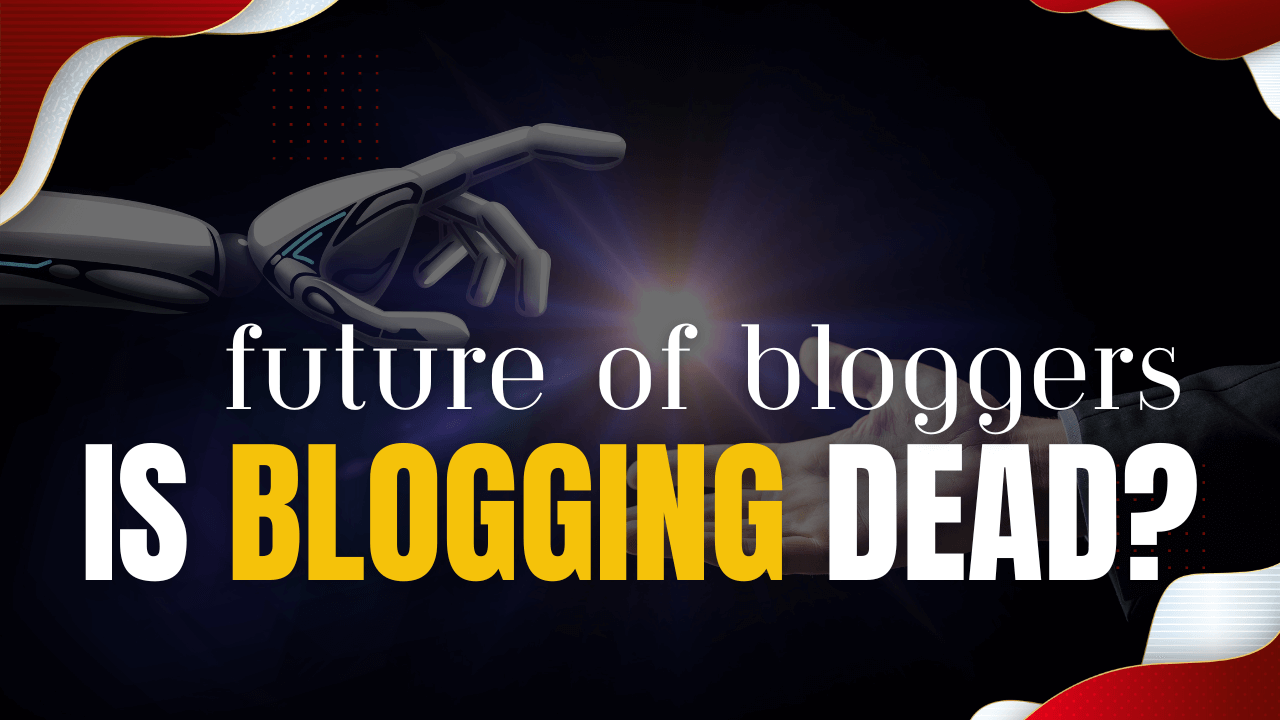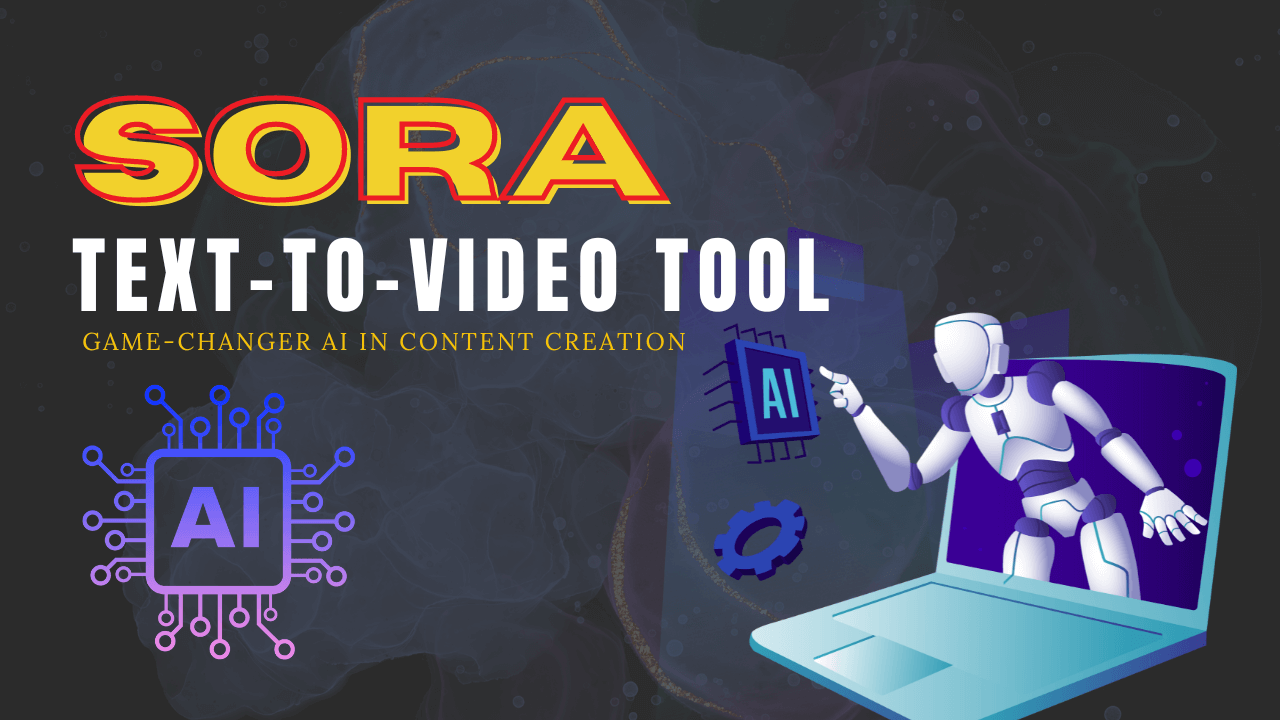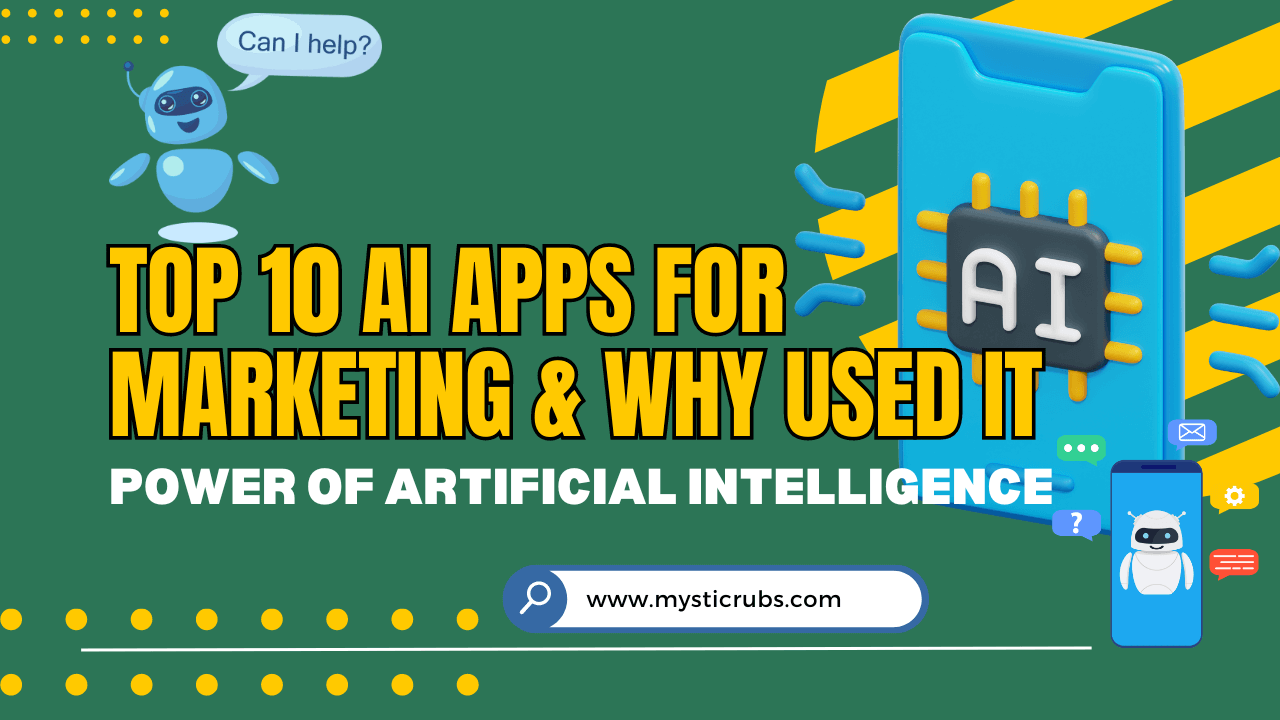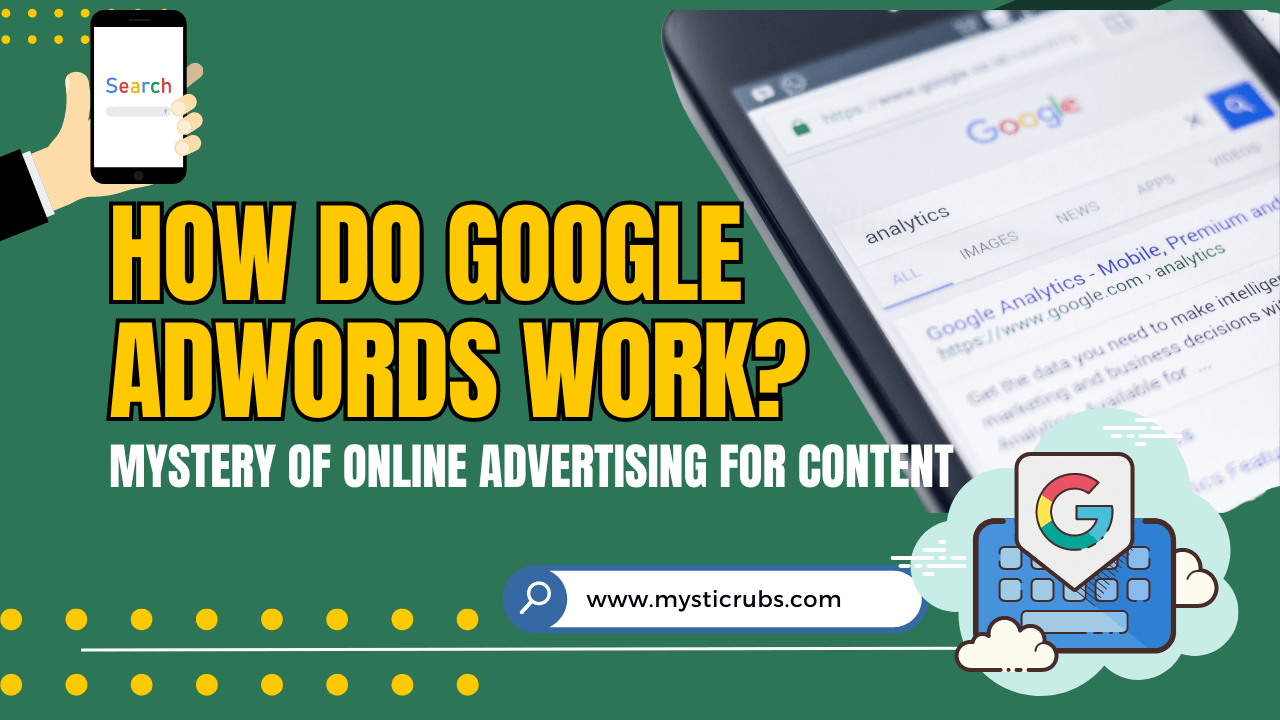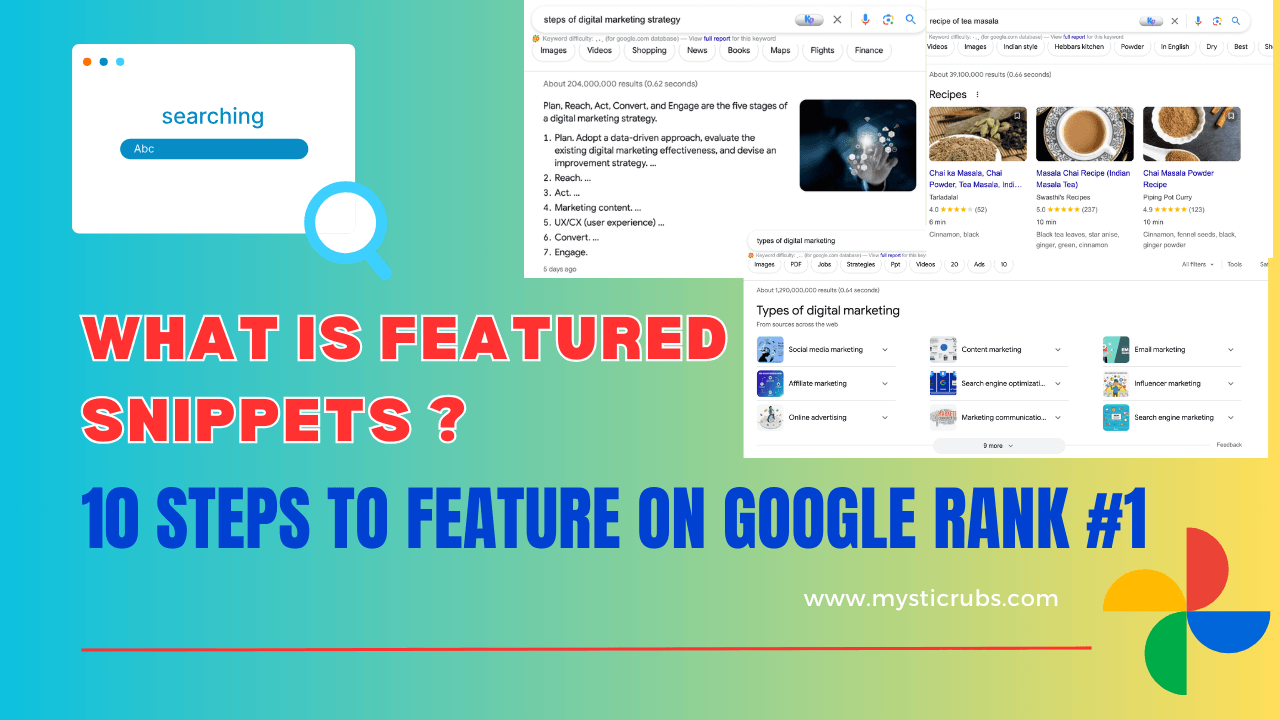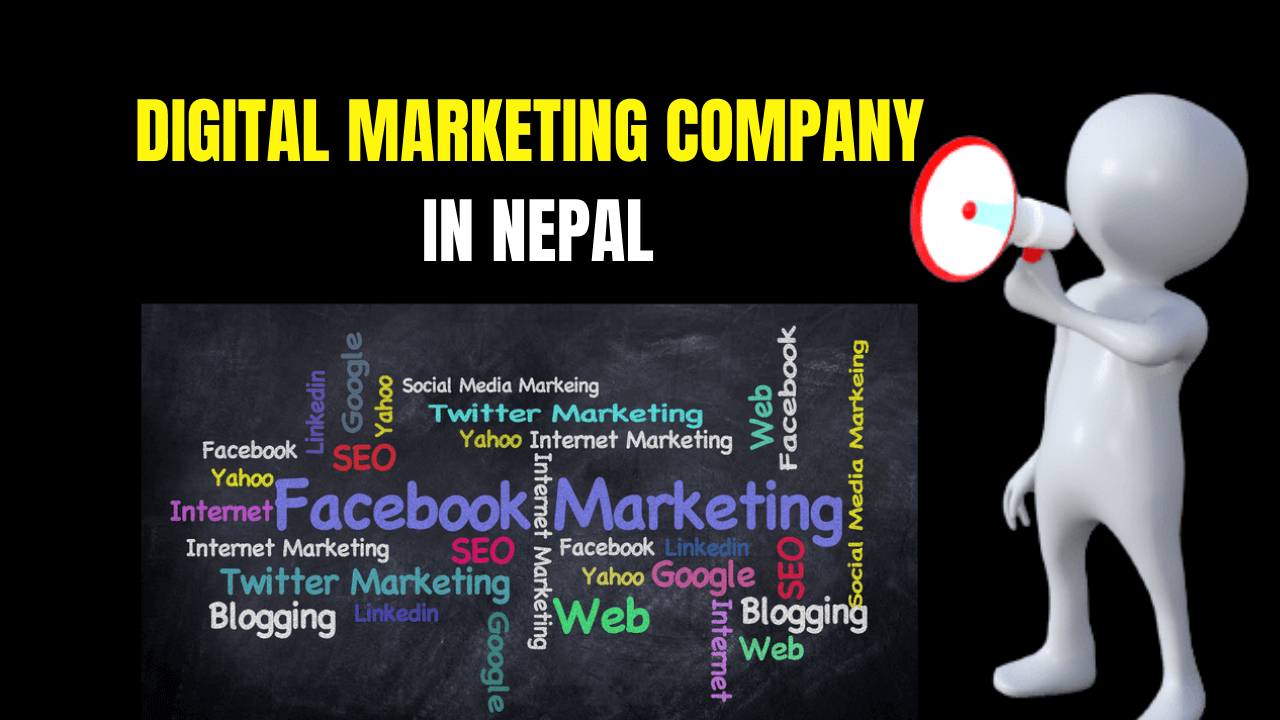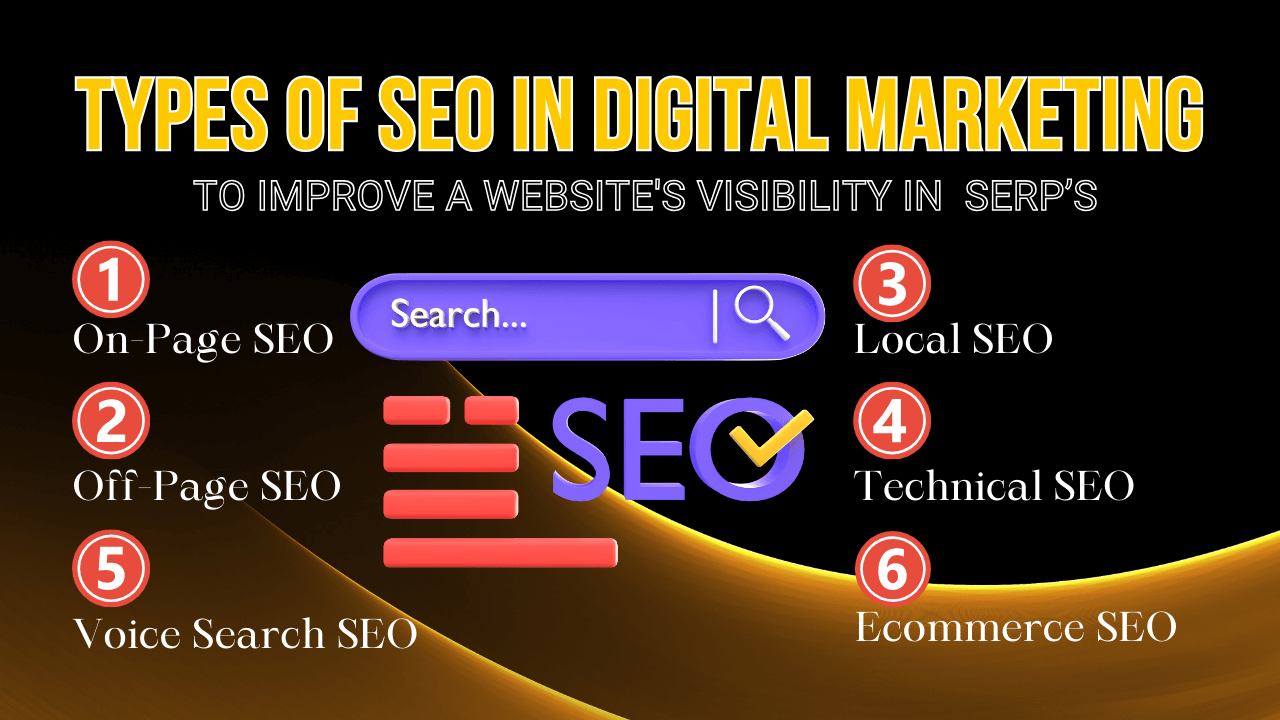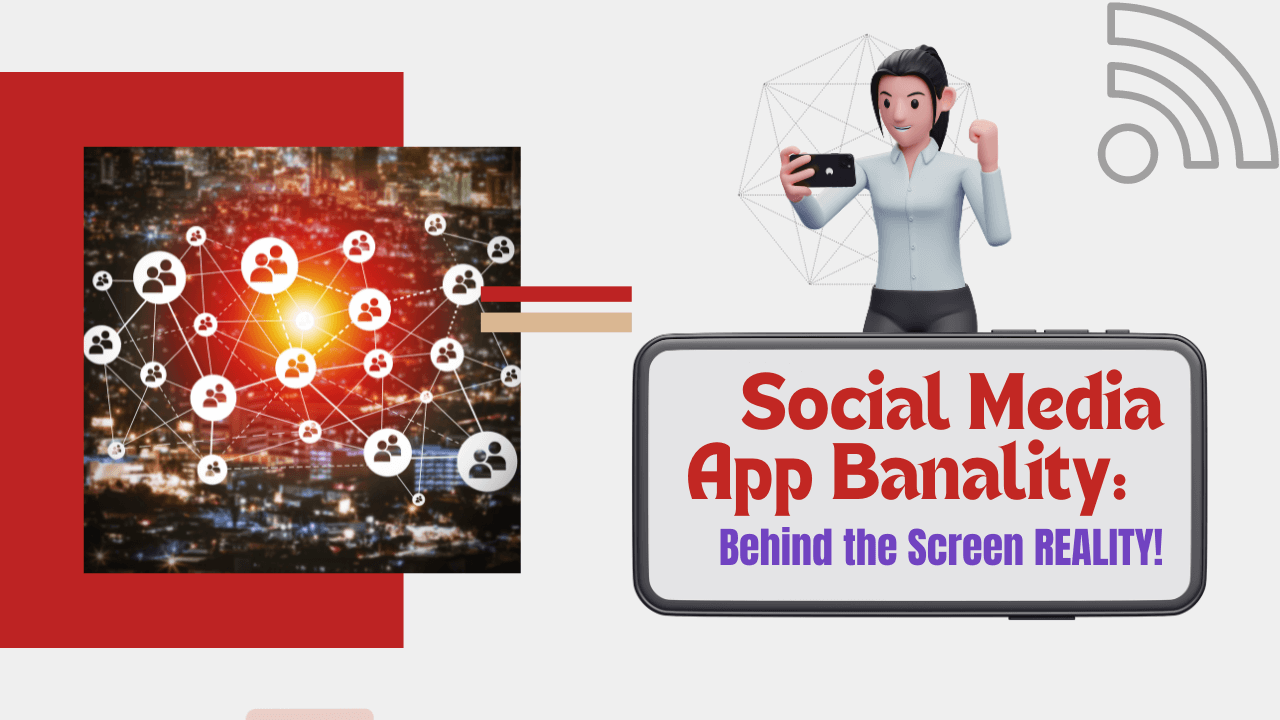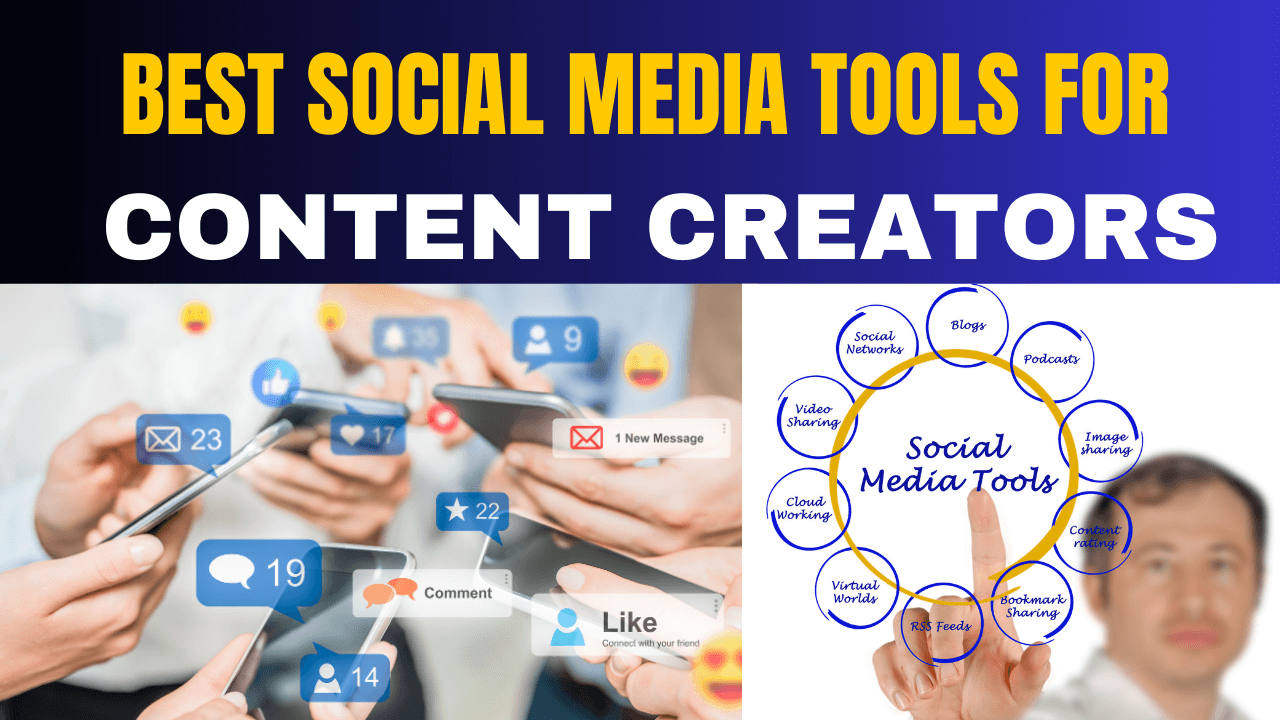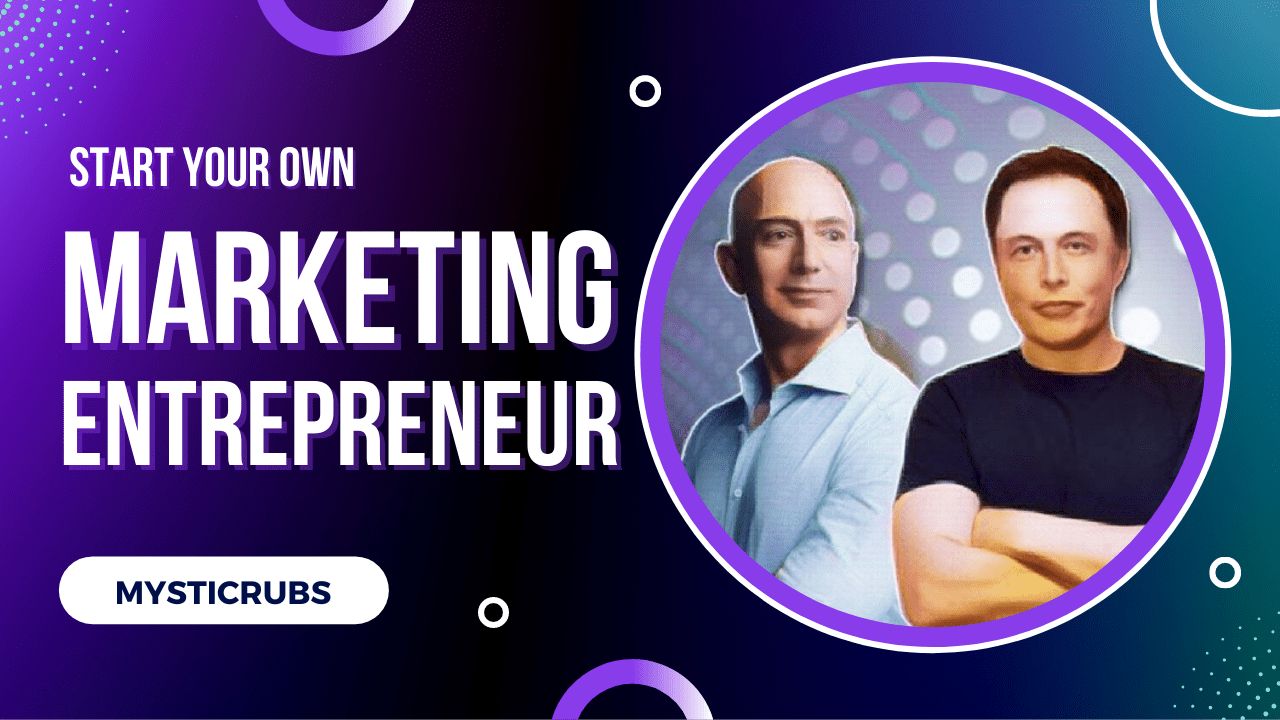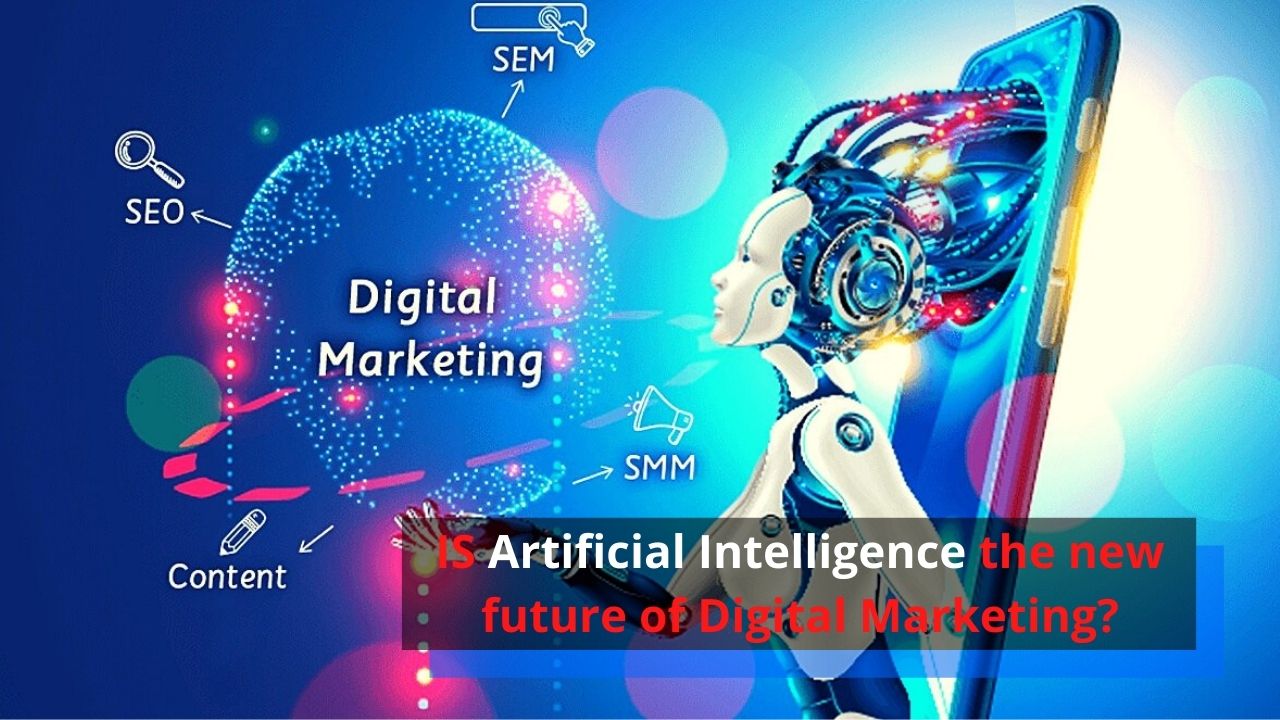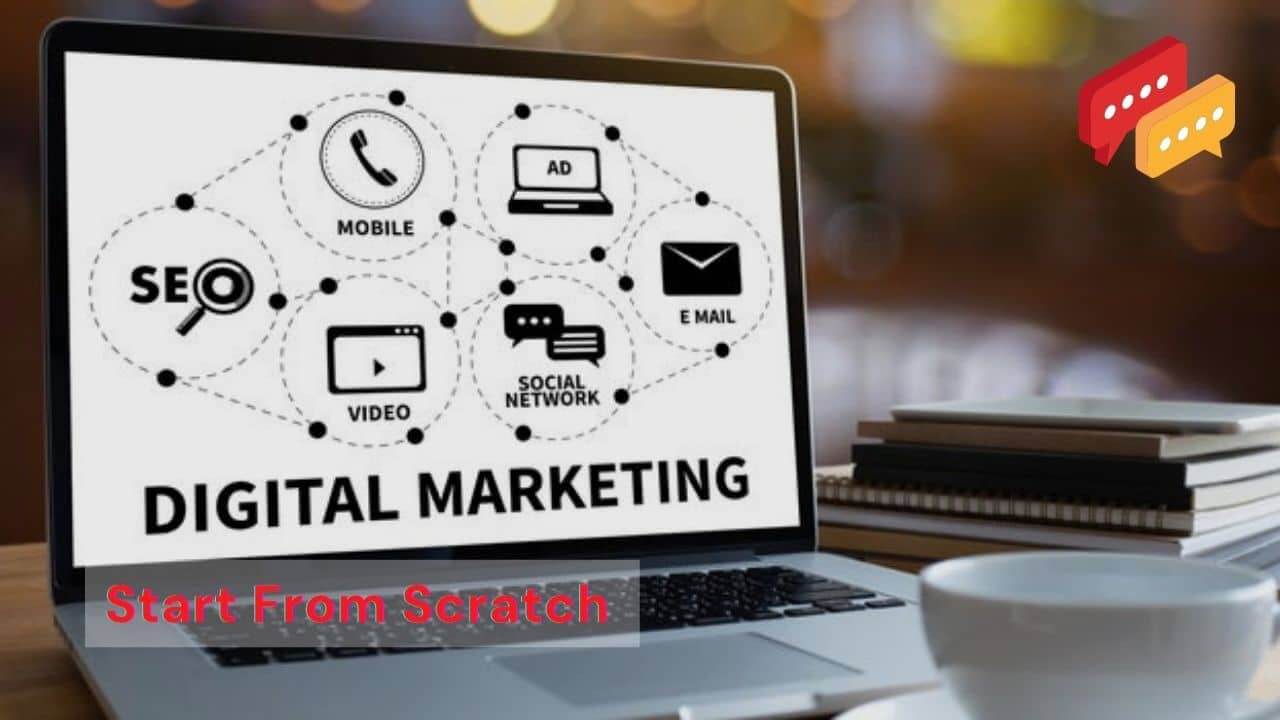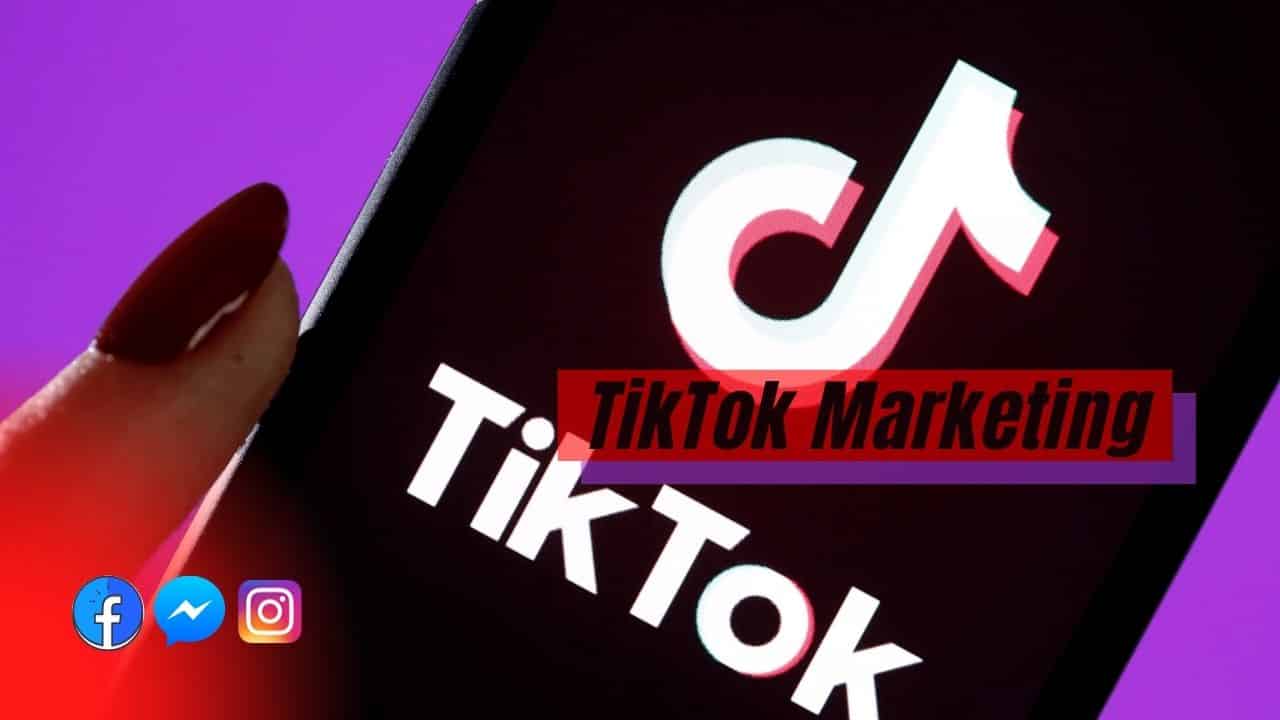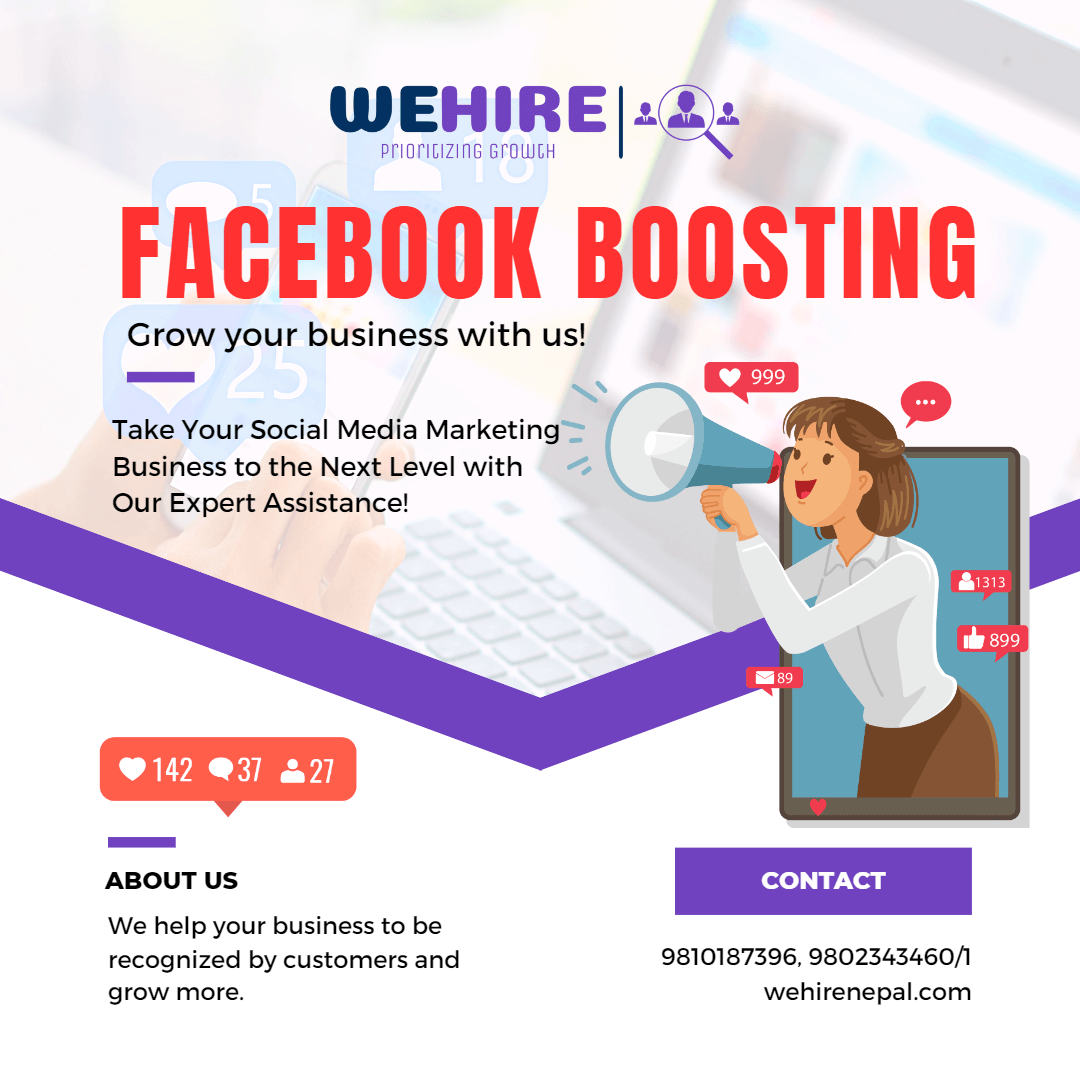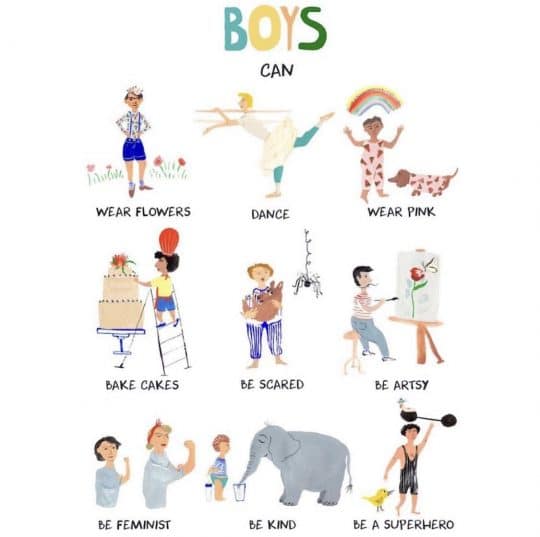Conquer Every Corner with 360 Digital Marketing Services
1 month agoAI vs Digital Marketing 2024 : Time to Prepare for Future
8 months ago -
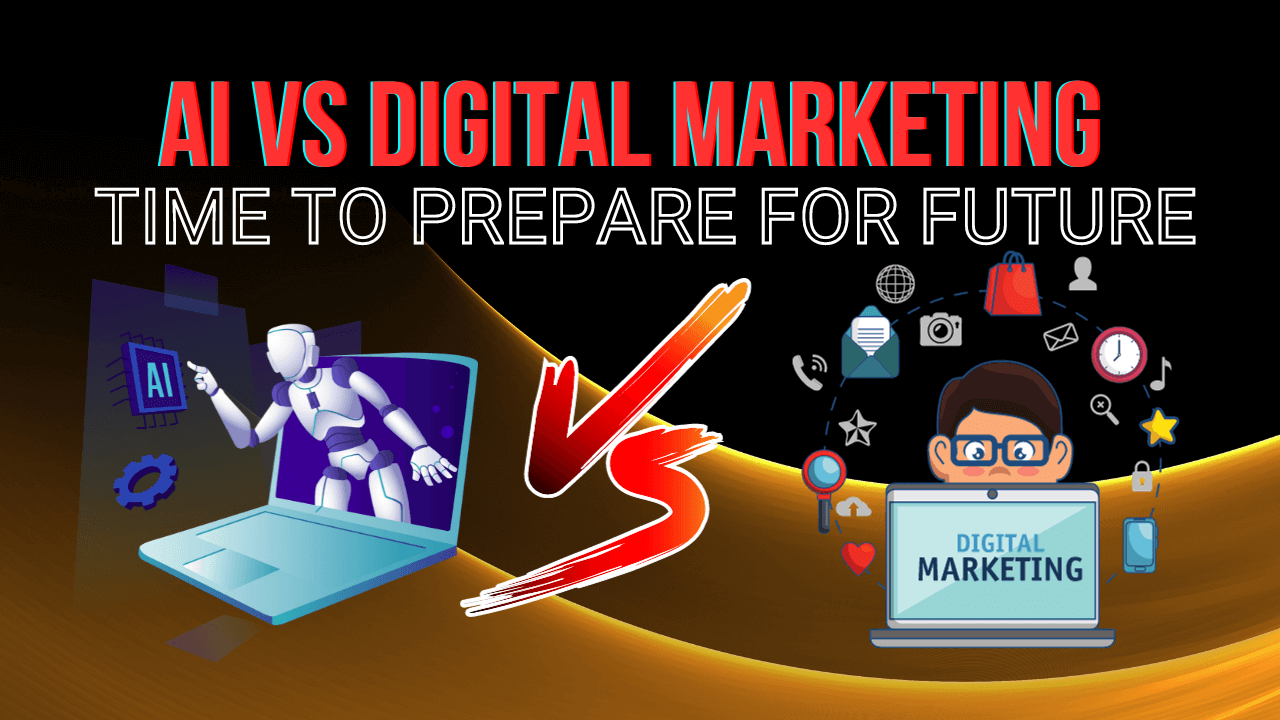
In the rapidly evolving landscape of digital marketing, the integration of artificial intelligence (AI) has become a pivotal point of discussion. As technology advances, it’s essential to explore how AI and digital marketing converge, the advantages they bring, and the challenges they pose. Here you will find the difference between Artificial Intelligence: AI vs Digital Marketing, highlighting their definitions, key applications, common challenges, and their roles in the modern business landscape.
The Role of AI in Digital Marketing
Artificial intelligence has revolutionized digital marketing by providing advanced analytics, enabling businesses to make data-driven decisions. Personalization, powered by AI algorithms, has redefined customer experiences, while chatbots have become integral for real-time customer engagement.
Advantages of AI in Digital Marketing
One of the significant advantages of AI tools in digital marketing is its ability to analyze vast amounts of data swiftly. This allows marketers to enhance customer targeting, resulting in more personalized and effective campaigns. Automation of routine tasks further streamlines marketing processes, increasing efficiency.
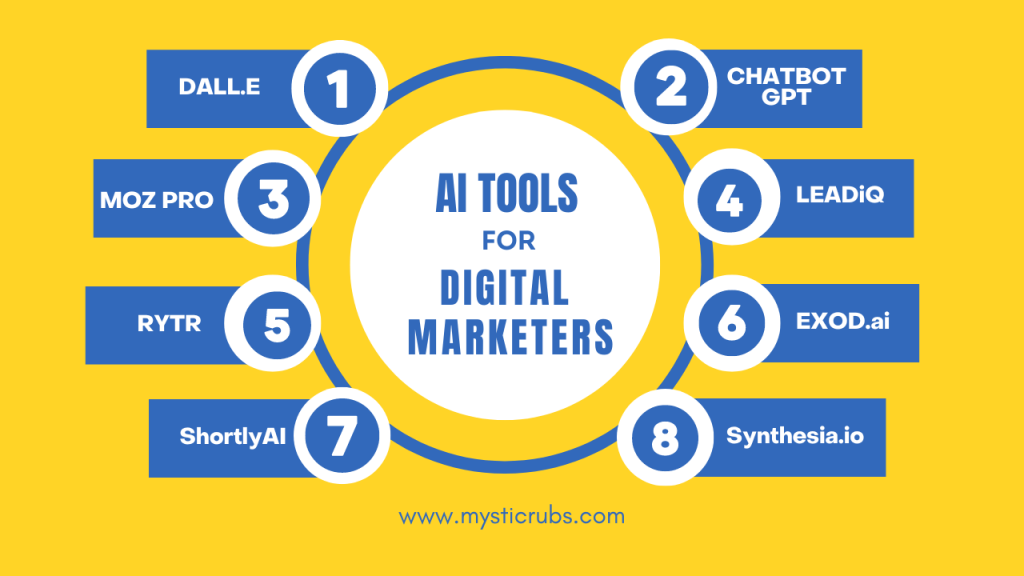
Challenges of AI in Digital Marketing
Despite its benefits, the integration of AI in digital marketing comes with challenges. Data privacy concerns arise as AI systems process and utilize large datasets. Overreliance on technology may lead to a lack of human intuition, and the initial setup costs can be prohibitive for some businesses.
Understanding and addressing these challenges is crucial for businesses looking to harness the full potential of AI in their marketing strategies.
Data Privacy Concerns: AI in digital marketing heavily relies on data, and the handling of this data raises significant privacy concerns. Customers are increasingly wary of how their personal information is used. For instance, a global retail giant faced backlash when customer data was misused due to lax AI-driven data security protocols.
Overreliance on Technology: Relying too heavily on AI can be counterproductive. While AI excels at data analysis and pattern recognition, human intuition and creativity are equally important in marketing. An overreliance on AI may lead to a lack of the nuanced understanding required for effective communication with diverse audiences.Example: A marketing campaign solely driven by AI algorithms may overlook cultural sensitivities that a human marketer would catch, potentially leading to a PR disaster.
Initial Setup Costs: Implementing AI systems in digital marketing requires a significant initial investment. Small and medium-sized businesses, in particular, may find the costs prohibitive. This challenge hinders widespread adoption, limiting the benefits of AI-driven marketing to larger enterprises initially.Example: A startup in the e-commerce sector may struggle to allocate funds for implementing AI-driven personalized recommendation systems due to budget constraints.
Algorithmic Bias: AI algorithms are only as good as the data they are trained on. If the training data is biased, the AI system can perpetuate and even exacerbate existing biases. This poses ethical challenges and may result in discriminatory outcomes in marketing campaigns.Example: An AI-powered recruiting tool was found to favor male candidates over female candidates due to biased training data, highlighting the importance of addressing algorithmic bias.
Integration with Existing Systems: Integrating AI seamlessly with existing digital marketing systems can be challenging. Legacy systems may not be compatible with advanced AI technologies, requiring businesses to invest in system upgrades and staff training.Example: A company using an outdated customer relationship management (CRM) system may struggle to integrate a sophisticated AI-driven analytics tool.
Limited Understanding of AI: Many marketers and business leaders may not fully understand the capabilities and limitations of AI. This lack of understanding can lead to unrealistic expectations, hinder effective utilization of AI tools, and result in missed opportunities.Example: A marketing team may underutilize an AI-powered chatbot, limiting it to basic queries instead of leveraging its full potential for customer engagement.
Addressing these challenges requires a holistic approach that combines technological solutions with ethical considerations and ongoing education. Overcoming these hurdles ensures that AI becomes a valuable ally rather than a source of friction in the dynamic landscape of digital marketing.
The Future of AI vs Digital Marketing
The future of digital marketing lies in the continued evolution of trends and strategies. AI is expected to play a central role in shaping marketing efforts, impacting not only strategies but also job roles within the industry. As we look ahead, several key factors point towards an exciting and transformative future for digital marketing.
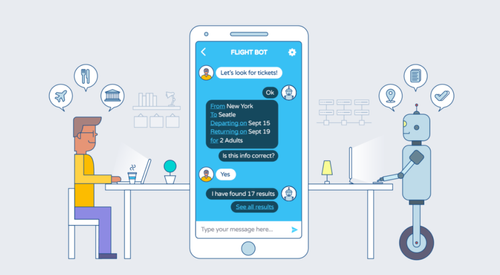
- Evolving Trends in Digital Marketing
The future holds a myriad of trends that will redefine how businesses connect with their audiences. From immersive technologies like augmented reality (AR) and virtual reality (VR) to the rise of interactive content, marketers must stay agile to leverage these trends effectively.
Example: Companies embracing interactive content, such as shoppable posts on social media platforms, are witnessing increased user engagement and conversion rates.
- Integration of AI in Marketing Strategies
Artificial intelligence (AI) will play an increasingly central role in digital marketing strategies. AI-driven analytics will provide deeper insights into consumer behavior, enabling more personalized and targeted marketing campaigns.
Example: E-commerce platforms are using AI to analyze customer preferences and behavior, tailoring product recommendations for individual users.
- Potential Impact on Job Roles
The integration of AI and automation in digital marketing will reshape job roles within the industry. While routine tasks may be automated, new roles focused on managing and optimizing AI systems will emerge. This shift emphasizes the need for continuous learning and adaptability.
Example: Marketing professionals are upskilling to become proficient in AI tools and analytics, ensuring they remain valuable contributors in the evolving digital marketing landscape.
- Rise of Visual and Video Content
Visual and video content will continue to dominate digital marketing strategies. The popularity of platforms like TikTok and Instagram Reels underscores the growing preference for short-form, visually appealing content. Marketers will need to harness the power of visuals to capture audience attention effectively.
Example: Brands using visually striking and concise videos on social media platforms are experiencing higher engagement rates and increased brand visibility.
- Voice Search Optimization
With the proliferation of voice-activated devices, optimizing content for voice search is becoming imperative. Marketers will need to adapt their SEO strategies to accommodate conversational queries, providing users with relevant and concise answers.
Example: Businesses incorporating natural language and conversational tone in their content are better positioned to rank higher in voice search results.
- Data Privacy and Ethical Marketing
As concerns around data privacy grow, ethical marketing practices will be paramount. Consumers are becoming more discerning about how their data is used, demanding transparency and responsible data handling from businesses.
Example: Brands that prioritize transparent data practices and actively communicate their commitment to privacy are gaining trust and loyalty from their customer base.
- Personalization 2.0
Personalization will reach new heights with AI-driven algorithms delivering hyper-personalized content and experiences. Marketers will need to strike a balance, ensuring personalization enhances user experience without compromising on data privacy.
Example: AI-driven personalization engines on e-commerce websites are providing tailored product recommendations, increasing customer satisfaction and conversion rates.
In conclusion, the future of digital marketing is dynamic and filled with opportunities for those willing to embrace change. Businesses that stay attuned to emerging trends, leverage the power of AI responsibly, and prioritize authentic, user-centric experiences will thrive in the evolving digital landscape. As we navigate this exciting future, the key lies in adaptability, innovation, and a deep understanding of the ever-shifting needs and preferences of the digital audience.
AI vs Digital Marketing: Striking a Balance
While AI brings efficiency, finding a balance with human creativity is crucial. Striking the right synergy ensures that marketing efforts retain a personalized and human touch, crucial for building genuine connections with the audience. This table provides a concise comparison between Artificial Intelligence AI vs Digital Marketing, highlighting their definitions, key applications, common challenges, and their roles in the modern business landscape.
| Artificial Intelligence (AI) | Digital Marketing |
|---|---|
| Stands for Artificial Intelligence, encompassing advanced algorithms and machine learning to perform tasks that typically require human intelligence. | Involves promoting products or services through digital channels like social media, search engines, email, and websites. |
| Utilizes algorithms for data analysis, personalization, and automation, enhancing efficiency and targeting precision. | Encompasses various strategies, including SEO, SEM, content marketing, email marketing, and social media marketing, to reach and engage target audiences. |
| Common applications include chatbots, recommendation engines, and predictive analytics for consumer insights. | Focuses on creating brand awareness, driving traffic, generating leads, and converting leads into customers. |
| Faces challenges like algorithmic bias, privacy concerns, and the need for ethical AI practices. | Utilizes analytics tools for tracking and analyzing campaign performance, audience behavior, and other metrics to refine marketing strategies. |
| Poised to revolutionize personalized experiences for users and optimize marketing efforts. | Faces challenges such as staying updated with evolving digital trends, competition for online visibility, and the dynamic nature of consumer behaviors. |
| Continues to evolve with emerging technologies, trends, and consumer preferences. |
This table provides a side-by-side comparison of AI vs Digital Marketing, outlining their definitions, key applications, common challenges, and their respective roles in the business landscape. Understanding the distinctions between AI vs Digital Marketing is crucial for businesses seeking to leverage these technologies effectively in their strategies.
Case Studies
Examining both successful and unsuccessful implementations of AI in digital marketing provides valuable insights. Case studies offer practical lessons, demonstrating the potential and pitfalls of integrating AI into marketing strategies.
What the Experts Say
Industry professionals share their insights on the future landscape of digital marketing. Their perspectives shed light on the trends to watch, challenges to anticipate, and the skills marketers need to thrive in this dynamic environment.
How to Prepare for the Future in AI vs Digital Marketing?
Adaptability is key in preparing for the future of digital marketing. Marketers must acquire the skills demanded by the evolving landscape and embrace continuous learning to stay ahead in this ever-changing field. Here are key points to consider when preparing for the future in digital marketing:
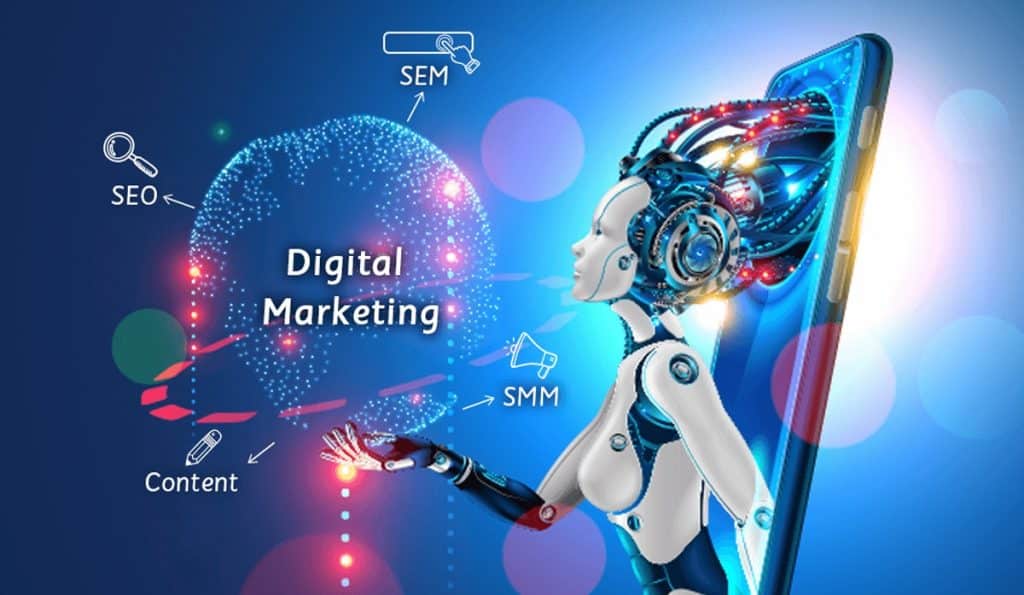
1. Acquire Relevant Skills
In the dynamic world of digital marketing, continuous learning is essential. Acquire and hone digital skills in areas such as data analytics, AI integration, content creation, and social media management to stay relevant.
2. Stay Informed About Emerging Technologies
Keep abreast of emerging technologies shaping the digital marketing landscape. Understanding innovations like AI, augmented reality, and voice search will position you to harness their potential.
3. Cultivate Adaptability
The ability to adapt to changing trends and technologies is crucial. Develop a mindset that embraces change, allowing you to pivot strategies and adopt new tools seamlessly.
4. Embrace Data-Driven Decision-Making
Data is a powerful ally in digital marketing. Embrace data-driven decision-making by leveraging analytics tools to understand customer behavior, track campaign performance, and make informed strategic choices.
5. Blend Technical and Creative Skills
The future demands marketers with a blend of technical and creative skills. Combine analytical prowess with creative intuition to develop campaigns that resonate with audiences on a deeper level.
6. Prioritize User Experience
User experience is paramount. Focus on creating seamless, personalized, and engaging experiences for your audience. Prioritize mobile optimization, intuitive navigation, and content that adds value.
7. Understand the Importance of SEO
Search Engine Optimization (SEO) remains a cornerstone of digital marketing. Stay updated on search engine algorithms, keyword trends, and SEO best practices to ensure your content ranks well and reaches the right audience.
8. Build a Strong Online Presence
Establish and maintain a robust online presence. This includes an active presence on social media, regular content updates on your website, and engaging with your audience across various digital platforms.
9. Invest in Continuous Learning
The digital landscape evolves rapidly. Invest time and resources in continuous learning through online courses, workshops, and industry conferences to stay informed about the latest trends and strategies.
10. Network and Collaborate
Build and nurture a network within the digital marketing community. Collaborate with peers, share insights, and participate in discussions to gain diverse perspectives and stay connected to industry trends.
11. Focus on Personal Branding
Personal branding is becoming increasingly important. Cultivate a strong personal brand that reflects your expertise and values. This can enhance your credibility and visibility in the digital marketing space.
12. Prepare for AI Integration
As AI becomes more prevalent, prepare for its integration into marketing strategies. Familiarize yourself with AI tools, understand their applications, and explore how they can enhance your marketing efforts.
13: Adopt Sustainable Practices
Sustainability is a growing concern. Consider integrating eco-friendly and socially responsible practices into your digital marketing strategies, aligning with the values of conscious consumers.
14. Monitor Industry Trends
Regularly monitor industry trends and consumer behavior. Understanding shifts in preferences and behaviors will help you anticipate changes and adjust your strategies accordingly.
15. Develop a Growth Mindset
Cultivate a growth mindset that embraces challenges as opportunities for learning and improvement. This mindset fosters resilience and agility in the face of evolving trends and industry shifts.
By adopting these strategies, digital marketers can position themselves to not only navigate the future landscape successfully but also to lead and innovate within the dynamic world of digital marketing.
Conclusion
In conclusion, the synergy between AI and digital marketing holds immense potential. While challenges exist, the coexistence of AI and human creativity is the key to unlocking unprecedented opportunities in the future of digital marketing.
FAQs
Is AI completely taking over digital marketing?
No, AI complements digital marketing efforts, enhancing efficiency and personalization, but human creativity remains irreplaceable.
What skills are essential for a future in digital marketing?
Adaptability, data analysis, and a blend of technical and creative skills are crucial for success in the evolving digital marketing landscape.
Are there ethical concerns with AI in digital marketing?
Yes, data privacy is a significant ethical concern. Striking the right balance between personalization and privacy is vital.
How can businesses with limited budgets leverage AI in marketing?
Start small, focusing on specific AI applications like chatbots, and gradually scale up as the business grows.
Will AI eliminate jobs in digital marketing?
While certain tasks may be automated, new roles focused on managing and optimizing AI systems will emerge, creating a shift rather than outright job elimination.
- AI is Product or Feature ? Comparison of AI as Product vs Feature
- Conquer Every Corner with 360 Digital Marketing Services
- Social Media Marketing Strategy for Small Business Success
- Top 12 AI Tools for Video Creation You Won’t Regret !
- 11 Free Social Media Tools Every Business Must Try !
- Working as a Digital Marketing Expert in Nepal 2024: Nepali Market

